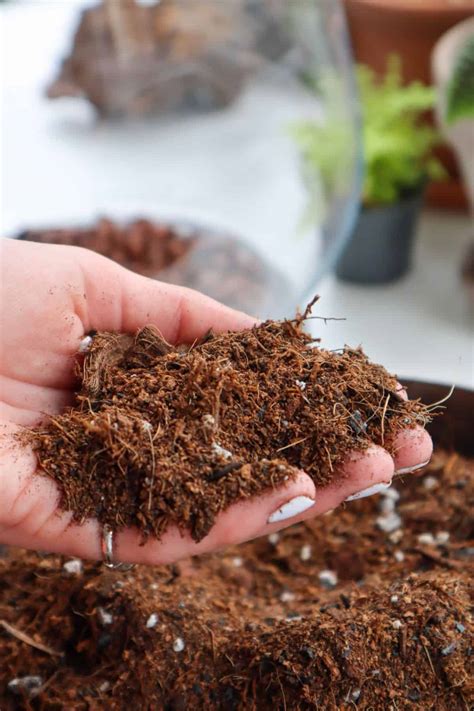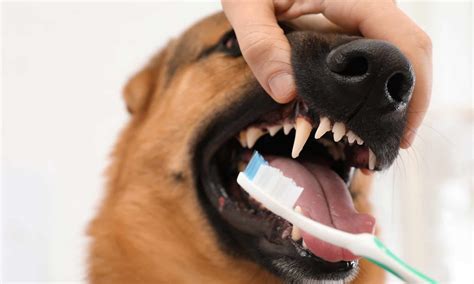Introduction

Dental care is an essential part of keeping your dog healthy and happy. Just like humans, dogs can develop dental problems such as cavities, gum disease, and bad breath. These problems can be painful and can lead to more serious health issues.
The Importance of Dog Dental Care
Dental care is important for dogs for a number of reasons:
- Prevents pain and discomfort: Dental problems can cause pain and discomfort in dogs, which can make it difficult for them to eat, play, and sleep.
- Prevents gum disease: Gum disease is a common dental problem in dogs that can lead to tooth loss. It can also cause pain, bleeding, and swelling in the gums.
- Prevents cavities: Cavities are another common dental problem in dogs that can cause pain and tooth decay.
- Prevents bad breath: Bad breath is a common sign of dental problems in dogs. It can be caused by a number of factors, including bacteria, gum disease, and cavities.
How to Care for Your Dog’s Teeth
There are a number of things you can do to care for your dog’s teeth and prevent dental problems. These include:
- Brushing your dog’s teeth: Brushing your dog’s teeth is the most effective way to prevent dental problems. It helps to remove plaque and bacteria from the teeth and gums. You should brush your dog’s teeth at least twice a week, but daily brushing is ideal.
- Using dental chews: Dental chews are another great way to help keep your dog’s teeth clean. They help to remove plaque and bacteria from the teeth and gums, and they can also help to freshen breath. Look for dental chews that are approved by the Veterinary Oral Health Council (VOHC).
- Taking your dog to the vet for regular checkups: Your vet can check your dog’s teeth for signs of dental problems and recommend the best course of treatment. They can also clean your dog’s teeth and remove any plaque or tartar that has built up.
Common Mistakes to Avoid
There are a number of common mistakes that people make when it comes to dog dental care. These include:
- Not brushing your dog’s teeth: Brushing your dog’s teeth is the most important thing you can do to prevent dental problems. If you don’t brush your dog’s teeth, they are more likely to develop cavities, gum disease, and bad breath.
- Using human toothpaste on your dog: Human toothpaste contains ingredients that can be harmful to dogs. You should only use toothpaste that is specifically designed for dogs.
- Giving your dog too many dental chews: Dental chews can be a great way to help keep your dog’s teeth clean, but you should not give your dog too many. Too many dental chews can cause stomach problems.
- Not taking your dog to the vet for regular checkups: Your vet can check your dog’s teeth for signs of dental problems and recommend the best course of treatment. You should take your dog to the vet for regular checkups, even if they don’t have any obvious dental problems.
FAQs
Here are some of the most frequently asked questions about dog dental care:
- How often should I brush my dog’s teeth? You should brush your dog’s teeth at least twice a week, but daily brushing is ideal.
- What kind of toothpaste should I use on my dog? You should use toothpaste that is specifically designed for dogs. Human toothpaste contains ingredients that can be harmful to dogs.
- How many dental chews should I give my dog? The number of dental chews you give your dog depends on their size and weight. You should follow the instructions on the package of dental chews.
- How often should I take my dog to the vet for dental checkups? You should take your dog to the vet for dental checkups at least once a year. Your vet can check your dog’s teeth for signs of dental problems and recommend the best course of treatment.
Future Trends in Dog Dental Care
There are a number of new and innovative trends in dog dental care that are making it easier to keep your dog’s teeth clean and healthy. These include:
- Ultrasonic toothbrushes: Ultrasonic toothbrushes use high-frequency vibrations to remove plaque and bacteria from the teeth and gums. They are more effective than traditional toothbrushes and can help to prevent dental problems.
- Water flossers: Water flossers use a stream of water to remove plaque and bacteria from the teeth and gums. They are a great way to clean hard-to-reach areas of the mouth.
- Dental sealants: Dental sealants are a thin coating that is applied to the teeth to protect them from cavities. They are a great way to prevent cavities in dogs who are at high risk for developing them.
Conclusion
Dog dental care is an essential part of keeping your dog healthy and happy. By following the tips in this article, you can help to prevent dental problems and keep your dog’s teeth clean and healthy for years to come.
Table 1: Dog Dental Care Schedule
| Age | Frequency | Type of Care |
|---|---|---|
| Puppies | Daily | Brushing, finger brushing |
| Adult dogs | 2-3 times per week | Brushing, dental chews, water flossing |
| Senior dogs | Daily | Brushing, dental chews, water flossing, dental sealants |
Table 2: Signs of Dental Problems in Dogs
| Symptom | Possible Cause |
|—|—|—|
| Bad breath | Dental disease, gum disease, cavities |
| Bleeding gums | Gum disease |
| Loose teeth | Dental disease, gum disease |
| Pain when eating | Dental disease, gum disease, cavities |
| Swelling in the face or mouth | Dental abscess, gum disease |
Table 3: Dog Dental Care Products
| Product | Benefits |
|—|—|—|
| Toothbrush | Removes plaque and bacteria from the teeth and gums |
| Toothpaste | Contains ingredients that help to prevent cavities and gum disease |
| Dental chews | Help to remove plaque and bacteria from the teeth and gums, freshen breath |
| Water flossers | Remove plaque and bacteria from hard-to-reach areas of the mouth |
| Dental sealants | Protect teeth from cavities |
Table 4: Common Mistakes to Avoid in Dog Dental Care
| Mistake | Why it’s a mistake |
|—|—|—|
| Not brushing your dog’s teeth | Brushing is the most effective way to prevent dental problems |
| Using human toothpaste on your dog | Human toothpaste contains ingredients that can be harmful to dogs |
| Giving your dog too many dental chews | Too many dental chews can cause stomach problems |
| Not taking your dog to the vet for regular checkups | Your vet can check your dog’s teeth for signs of dental problems and recommend the best course of treatment |





















